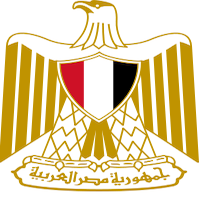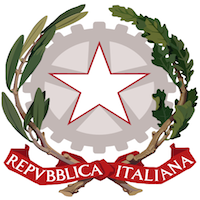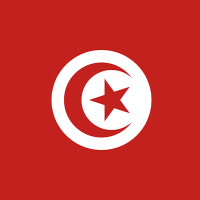 One man is alleging in an in-depth report by Buzzfeed that his much-cited populist organization, Tamarod, which paved the way for the Egyptian military coup in July 2013 and demanded intervention on behalf of millions of protesters, was actually just five guys in an office whose name and social media popularity was co-opted (or at least force-multiplied) by the military and Interior Ministry as a front group to legitimize the coup. The original organization leaders would send talking points to state television and the Army would rewrite them and then put them out over the air under the Tamarod name anyway. But, then again, he also suspects three of his co-founders may actually have been Army plants all along.
One man is alleging in an in-depth report by Buzzfeed that his much-cited populist organization, Tamarod, which paved the way for the Egyptian military coup in July 2013 and demanded intervention on behalf of millions of protesters, was actually just five guys in an office whose name and social media popularity was co-opted (or at least force-multiplied) by the military and Interior Ministry as a front group to legitimize the coup. The original organization leaders would send talking points to state television and the Army would rewrite them and then put them out over the air under the Tamarod name anyway. But, then again, he also suspects three of his co-founders may actually have been Army plants all along.
By the end of June, he asserts they were effectively no longer in control of the group as Interior staff began using its offices to stage and organize protesters to rally against the president — down to the logistical level of how many little flags and water bottles were needed. In other words, more like a highly choreographed U.S. presidential convention audience with pre-printed signs than a spontaneous mass demonstration of affection for the military and disgust with the president.
The June 2013 protests always seemed way too well organized (or rather, unusually well supplied) to me, but I tend to hesitate to jump on board with suggestions that may prove to be conspiracy theories. These allegations aren’t necessarily true either — the Buzzfeed reporters had trouble finding anyone who could corroborate his account and he sometimes hinted he had been less ignorant of the situation at the time than he lets on — but it would certainly fit with a suspicious pattern that resulted in a very rapid emergence of a mass produced Cult of Personality surrounding (soon-to-be-president) General Sisi within a week or so of the coup.
Then again, maybe I’m just looking for even more reasons to be disgusted with the idea of millions of people rallying enthusiastically for the replacement of transitional democracy with military dictatorship — and with their Western cheerleaders who, to this day (despite all the terrible things the new government has done or endorsed), can’t contain their excitement for military rule, in their haste to quash Islamic participation in government.



 Another ten months, another failed Italian prime minister. The next prime minister is
Another ten months, another failed Italian prime minister. The next prime minister is  Among the Arab Spring countries, Tunisia was not only the first to get the ball rolling but has also made the most sustained progress toward a durable liberal democracy, with majority rule and minority rights.
Among the Arab Spring countries, Tunisia was not only the first to get the ball rolling but has also made the most sustained progress toward a durable liberal democracy, with majority rule and minority rights.